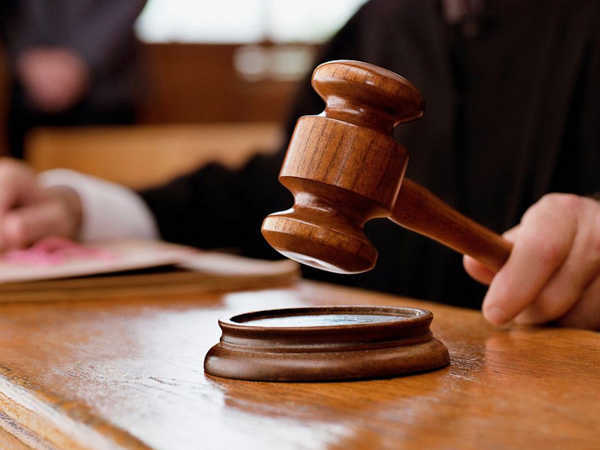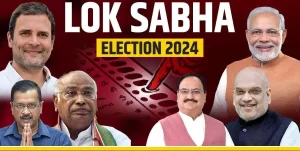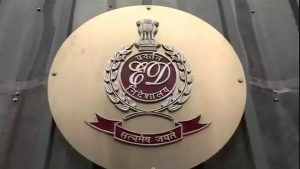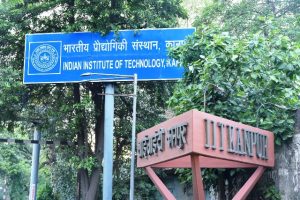Lucknow, 27 December: The Lucknow bench of the High Court on Tuesday gave its verdict on the OBC reservation in UP municipal elections, ordering to immediately conduct elections without OBC reservation.
In its order, the Bench consisting of Justice Devendra Kumar Upadhyaya and Justice Saurabh Lavania, said until the ?triple test/conditions? mandated by the Supreme Court is completed in all respects by the state government, no reservation for the Backward Class of citizens shall be provided.
While notifying the elections the seats and offices of Chairpersons, except those to be reserved for Scheduled Castes and Scheduled Tribes, shall be notified as for general/open category,? it added.
The high court passed the order after hearing a slew of Public Interest Litigations (PILs) alleging that the exercise of reservation of seats in the civic bodies is being carried out by the state government in ?complete derogation and defiance? of the mandate of the Supreme Court in the case of Suresh Mahajan vs State of Madhya Pradesh.
After the order of the High Court, now there will be no OBC reservation of any kind in the state. That is, the OBC reservation notification issued by the government has been cancelled and if the government or the Election Commission conducts elections, then the reserved seats for OBCs will be considered general, while the reserved seats for SC-ST will remain unchanged, that is, there will be no change in it.
The decision is being seen as a major setback for the government. Arguments in this matter were completed on 24 December. The court had reserved the decision till December 27 after hearing all the 93 petitions related to the civic elections.
The court said, ?The notification to be issued for elections shall include the reservation for women in terms of the constitutional provisions.? It also said that in case, the term of the municipal body comes to an end till an elected body is formed, their affairs shall be conducted by a three-member committee. The committee will be headed by the district magistrate, and the executive officer or chief executive officer or municipal commissioner shall be a member, while the third member shall be a district-level officer nominated by the district magistrate, said the court. It also said these committees ?shall discharge only day-to-day functions of the Municipal Body concerned and shall not take any major policy decision?.
?We also direct that once the dedicated commission is constituted for undertaking the exercise of conducting an empirical study as to the nature and implications of Backwardness for the purposes of providing reservation to Backward Class of citizens in the context of elections to the urban local bodies, the claim of transgenders for their inclusion amongst Backward Class of citizens shall also be considered,? the bench added.
The High Court rejected the draft notification issued on December 5. The bench said that if reservation is to be fixed, then no reservation will be fixed without the triple test. The government should conduct the elections soon.
The court has also rejected the notification issued by the government on December 12, through which the government had indicated at deploying administrators in those local bodies whose tenure is going to be completed soon.
The issuance of notification by the State Election Commission was put on hold due to the ongoing hearing in the court. In the case, the petitioner side had said that OBC reservation in body elections is a kind of political reservation. It has nothing to do with social, economic or educational backwardness. In such a situation, before the OBC reservation is decided, it is mandatory to conduct a triple test by the dedicated committee under the arrangement given by the Supreme Court.
Several petitioners, including Vaibhav Pandey, had filed separate petitions accusing the state government of not following due process in implementing OBC reservation in municipal elections. It was argued on behalf of the petitioners that the Supreme Court, in its judgment in Suresh Mahajan’s case this year, had clearly ordered that a triple test would be done before issuing OBC reservation in local body elections.
Meanwhile, Sharad Pathak, the petitioner’s lawyer said, “In the matter of giving reservation to OBCs, the Supreme Court said that every state has different status of OBCs.Now, the UP government has to decide how much reservation it wants to give to OBCs in its state, but in a Maharashtra case, the Supreme Court gave a formula for the triple test.?





